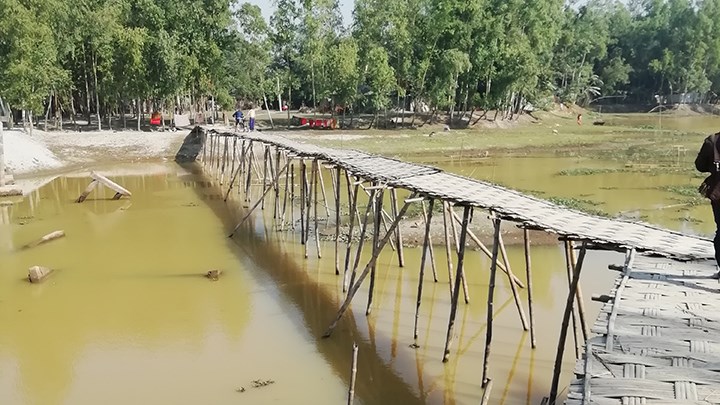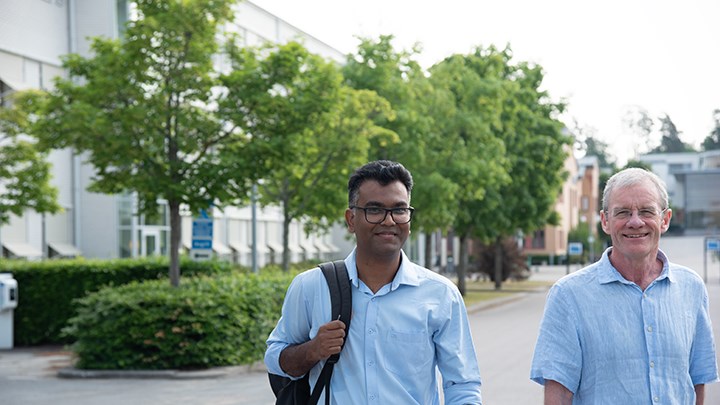International support crucial in tackling extreme poverty in Bangladesh

“Extreme poverty is unproportionally high among religious and ethnic minority groups,” says Owasim Akram, researcher in political science at Örebro University.
In Bangladesh, extreme poverty is prevalent among minority groups. A new study points to the need for policy change in order to improve the situation for the most disadvantaged in the country.
“Support from civil society organisations is crucial, but fragmented. Development partners can contribute to strengthening and coordinating such initiatives,” says Owasim Akram, researcher in political science at Örebro University.
The study Extreme Poverty and Marginalisation in Bangladesh: Drivers and Lessons for Development Cooperation is by Owasim Akram, Örebro University, Mathilde Maîtrot and Joe Devine, both at the University of Bath. It will be presented at a seminar on 29 April..
Together with researchers from the University of Bath, Owasim Akram has studied the conditions for ethnic and religious minorities in Bangladesh living in poverty. The researchers have conducted 30 interviews and 30 focus group discussions with members of three groups: the Chakma, Santals and Dalits.
“Extreme poverty is unproportionally high among religious and ethnic minority groups. Previous political measures have not been effective in reducing poverty among the most disadvantaged,” says Owasim Akram, adding that neither has economic growth.
The researchers have performed a systematic analysis of the association between religion, ethnicity, and poverty in Bangladesh, which so far has not been done before. The report has now been published by the Swedish Expert Group of Aid Studies (EBA) and will be presented at a seminar on 29 April. The purpose is to provide a basis for any future development cooperation strategies adopted by Sweden (Sida), the European Union and other actors.

The study results show that:
- The minority groups face marginalisation and discrimination through limited opportunities in relation to employment, education, and land ownership. They are also subjected to various forms of violence.
- The three groups are prevented from accessing public employment programmes since these programmes are often used as rewards for political support. Ethnic and religious minorities are viewed as politically insignificant.
- The interviewees feel humiliated and vulnerable. Their experience is that they are disregarded by the officials responsible for helping them.
- The minority groups are labelled “impure” (Dalits), “backward” (Chakma) or “drunkards” (Santal). These labels lend legitimacy to their exclusion.
- People in extreme poverty belonging to ethnic minority groups are exposed to greater and more frequent threats to their safety than other people living in poverty.
The researchers list a number of proposals to help combat the vulnerability of these minority groups:
“The government and development partners must hold local authorities accountable in ensuring fair distribution of social protection schemes and resources,” says Owasim Akram.
Other measures involve international aid providers coordinating their efforts to prompt the Bangladeshi government to respect diversity and address the specific needs and challenges of different groups.
The report concludes that civil society organisations play a crucial role in advocating for the rights of minority groups – and that development partners can play an important part by contributing to a stronger and better coordinated civil society.
The report is expected to inform the country development cooperation strategies of Sweden (Sida), the European Union, and other actors.
Text: Maria Elisson
Photo: Maria Elisson/privat
Translation: Charlotta Hambre-Knight
